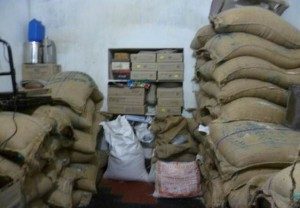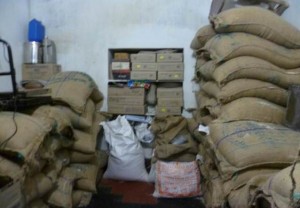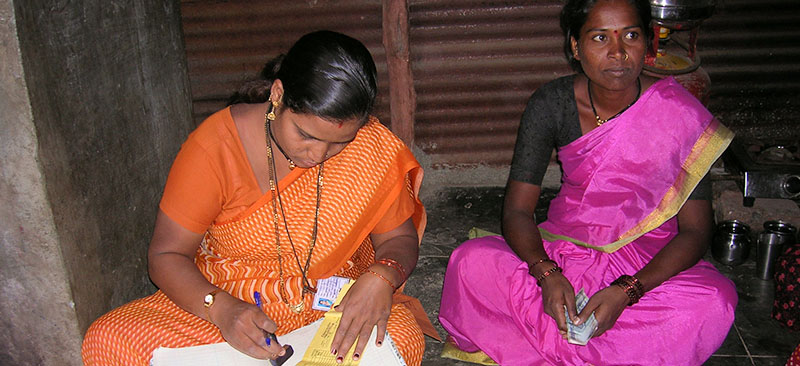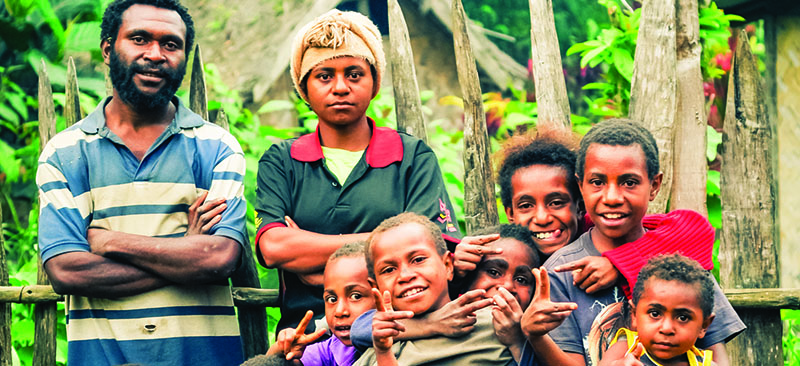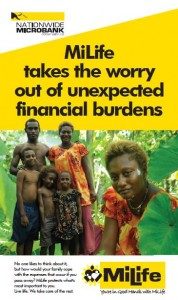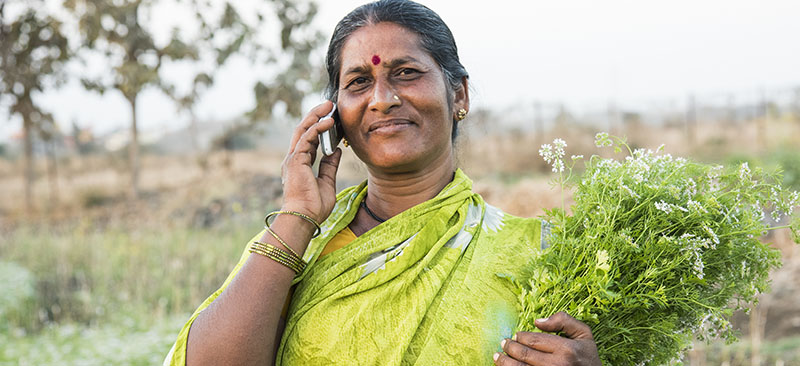Almost everyone agrees financial inclusion is a worthwhile and important goal. We’re not going to improve health, education, sanitation, and business prospects for the very poor, in India and elsewhere until money moves around more efficiently and safely.
But building and maintaining a workable system for better savings, money transfers, and payments, particularly in rural areas, hinges in large part on the bank agents, or business correspondents (BCs) as they are known in India. And most agents are not happy with the current model.
In fact, they’re not wrong; it’s not a great business proposition for them at present, especially those far removed from large cities. (For a more detailed analysis of the many reasons, please see MicroSave‘s agent network research in South Asia, East Africa, and elsewhere.)
Their primary gripe is of course costs—outlays they have to make up front to participate and the on-going expenses they incur. According to India’s Ministry of Finance in 2012-13, the 152,000 BC outlets made 183.8 million transactions for a total value of Rs.165.33 billion/US$2.67 billion. However, in the worst-case scenarios, their overall capital, and operating costs came to Rs.92 billion/$1.5 billion. (US dollar comparisons are obviously different from the numbers you were seeing last year as the Indian Rupee has lost close to one-fifth of its value against the dollar and other Western currencies in recent months.)
Normal-case scenarios do not look a lot more favorable. Widespread agent angst is suddenly more understandable.
One seemingly unimportant aspect in all this is the technology banks and network managers impose on agents for cash-in/cash-out, opening accounts, and other operations. In India, the most prevalent choice—point of sale (POS) devices that work in concert with India’s Universal ID (UID) cards—is also the most expensive to own and operate (Rs.20,000/$324 for the initial “security deposit” to the bank and ~Rs.2,400/$40 a month to maintain).
UID or Aadhaar is a biometric authentication system designed for all of India’s citizens, but its relevance to migrant and poor populations currently without valid papers or identification is particularly important for government benefits and other financial inclusion initiatives.
Kiosk computers which enable direct links to host banks for client transactions aren’t cheap either. Kiosk agents first have to buy the laptop or desktop (Rs. 15,000-25,000/$234-390) and monthly costs run Rs.1,500-3,000/$25-50.00.
In both cases, electricity and power backup to run the devices, internet access, and even printer paper and cartridges are all expensive. And outside large cities, electricity and online/server access are notoriously unreliable.
Enter the mobile phone. Simple, unadorned feature phones are adequate to most transaction tasks, most notably remittances whereby most agents make most of their money. Monthly phone costs are Rs.50-100/$1-2.00—yes, a surprising number of missing zeroes compared to the figures above—and most agents already own one. Phone replacements every 2-3 years and repairs are expenses most would have to pay anyway.
For authenticating clients, a UID-certified, Bluetooth/USB add-on that couples with a mobile phone or PC, and includes a biometric scanner, printer, and card-swipe slot, will run Rs.15,000/$234. And though this does not include electricity, server-connection, ID fraud, and related authentication expenses which agents will have to assume, costs are still less than the stand-alone POS devices noted above.
Smartphones are coming, even in very poor countries, even to the small Indian Kirana shop business correspondent. Internet access (average monthly mobile data access subscriptions in India run between ~Rs.100-450/$2-7) may increase these initial and longer-term costs. Although not necessarily. A basic smartphone in many parts of India can be bought for as low as Rs.5,000/US$78, and both agents and their customers may purchase one for personal reasons unrelated to remittances, direct benefits transfers, and other financial services.
Whatever type of phone they have in hand, the majority of agents are likely to see a mobile handset as the most affordable business-transaction option moving forward. Eko, the only business correspondent network so far in India to use mobiles exclusively, and Airtel Money, a leading Indian mobile operator with an advanced payments platform, are particularly interesting examples to follow.
For a more comprehensive analysis of these three technologies, the costs involved, and specific, relevant examples, please see MicroSave’s recent Transaction Economies report.
We’ll conclude where we began. The broad social and economic changes financial inclusion seeks to advance won’t happen without careful attention to the details. Until now, much of our attention has been centered on end-users, the financially excluded and underserved. With good reason. Their trust and participation are critical to the success of any inclusion efforts.
The next step toward widespread adoption, however, is more focus on agents, the technology they use, and the costs they incur providing financial services to the very poor. And, as is often the case with technology, simple and cheap trump all.
Maybe not for the banks and technology service providers, but neither constitutes the all-important “volume” and “sustainability” necessary to make financial inclusion work. First, we ensure inclusion policies are meeting the needs of agents and their customers and meeting them well. Then we’ll worry about everyone else.


 Every year, the Indian Government spends nearly Rs.750 billion to provide food security to people below the poverty line, and yet 21% per cent of India’s population remains undernourished. International Food Policy Research Institute notes that, despite an increase in food production by almost 50%, there is a little change in the proportion of undernourished in India.
Every year, the Indian Government spends nearly Rs.750 billion to provide food security to people below the poverty line, and yet 21% per cent of India’s population remains undernourished. International Food Policy Research Institute notes that, despite an increase in food production by almost 50%, there is a little change in the proportion of undernourished in India.